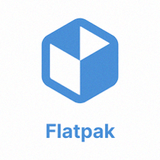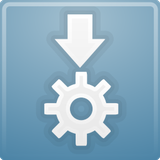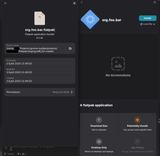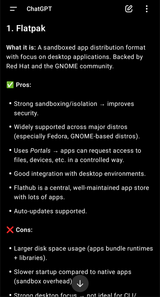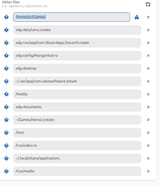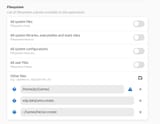Anonymous
9/3/2025, 6:17:22 PM
No.106474039
[Report]
>>106474133
>>106474158
>>106474168
>>106474319
>>106474343
>>106474457
>>106475290
>>106475538
>>106475835
>>106475861
>>106479941
>>106481677
>>106481688
>>106481690
>>106481702
>>106482511
>>106482911
>>106483023
>>106484839
>>106485183
>>106486720
>>106487222
The Flatpak Red Pill
Pros:
>Strong sandboxing/isolation improves security.
>Widely supported across major distros (especially Fedora, GNOME-based distros).
>Uses Portals apps can request access to files, devices, etc. in a controlled way.
>Good integration with desktop environments.
>Flathub is a central, well-maintained app store with lots of apps.
>Auto-updates supported.
Cons:
>Flatseal has the potential to change the permissions of other flatpaks at will. Essentially, a flatpak with the ability to change the permissions of other flatpaks. It is rendered to be "Potentially Unsafe" with "Arbitrary Permissions" with access to "User Data" subfolder flatpak/overrides, Can read and write all data in the directory" and "Arbitrary Permissions, Can acquire arbitrary permissions".
>Larger disk space usage (apps bundle runtimes + libraries).
>Slower startup compared to native apps (sandbox overhead).
>Strong desktop focus not ideal for CLI/server software.
>Relies heavily on Flathub (centralization concern).
Essentially, Flatseal is a flatpak with the potential to manage user overrides stored in ~/.local/share/flatpak/overrides. Therefore, it may be safe to assume, out conclude that any flatpak can be coded to behave this way. Why does /g/ recommend flatpaks?
>Strong sandboxing/isolation improves security.
>Widely supported across major distros (especially Fedora, GNOME-based distros).
>Uses Portals apps can request access to files, devices, etc. in a controlled way.
>Good integration with desktop environments.
>Flathub is a central, well-maintained app store with lots of apps.
>Auto-updates supported.
Cons:
>Flatseal has the potential to change the permissions of other flatpaks at will. Essentially, a flatpak with the ability to change the permissions of other flatpaks. It is rendered to be "Potentially Unsafe" with "Arbitrary Permissions" with access to "User Data" subfolder flatpak/overrides, Can read and write all data in the directory" and "Arbitrary Permissions, Can acquire arbitrary permissions".
>Larger disk space usage (apps bundle runtimes + libraries).
>Slower startup compared to native apps (sandbox overhead).
>Strong desktop focus not ideal for CLI/server software.
>Relies heavily on Flathub (centralization concern).
Essentially, Flatseal is a flatpak with the potential to manage user overrides stored in ~/.local/share/flatpak/overrides. Therefore, it may be safe to assume, out conclude that any flatpak can be coded to behave this way. Why does /g/ recommend flatpaks?
